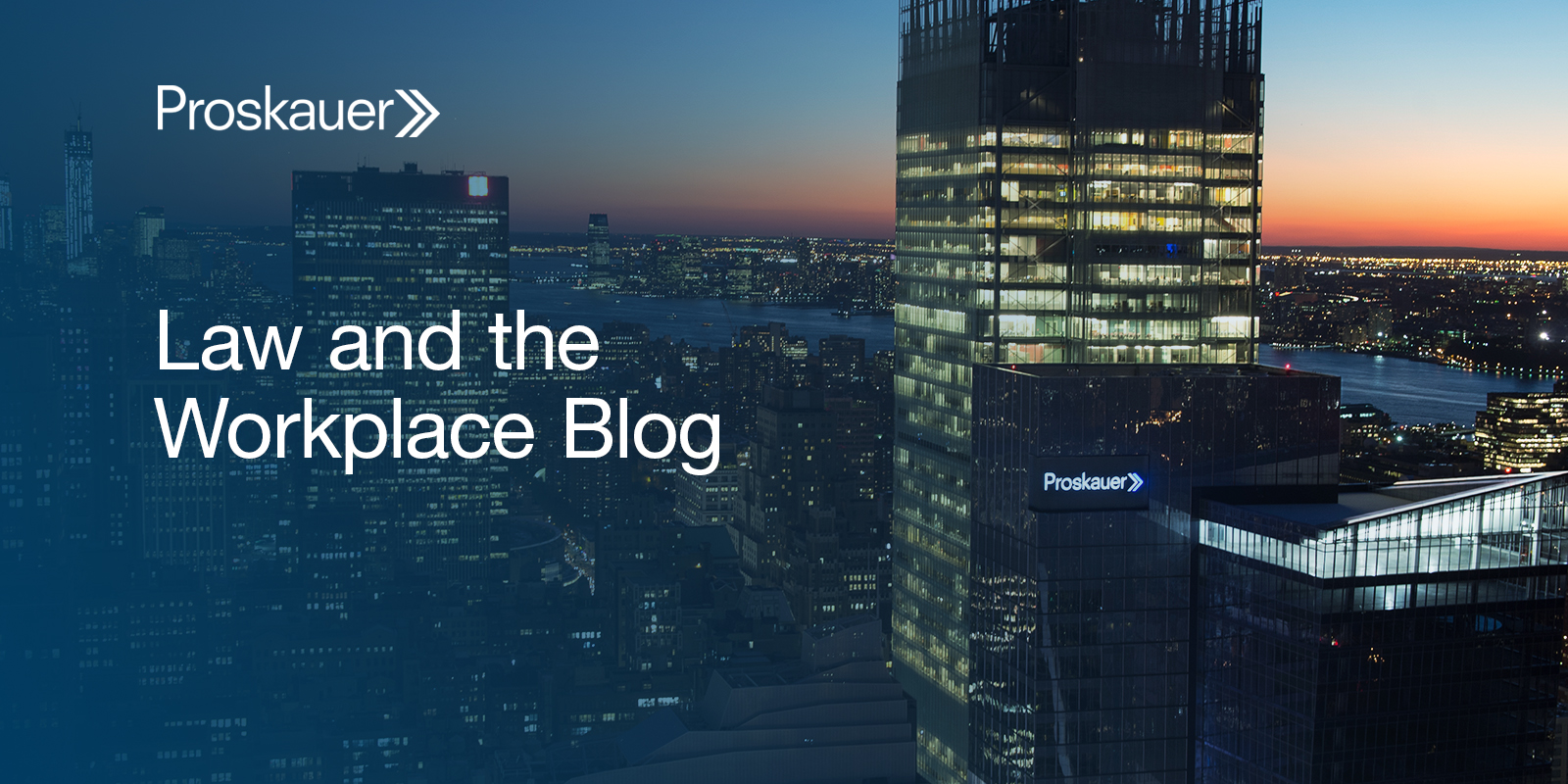California Court of Appeal Holds That a PAGA Plaintiff Maintains Standing to Assert Representative Claims Even When Individual Claims Are Compelled to Arbitration
On February 2, 2023, the California Court of Appeal issued an important follow-up decision to the United States Supreme Court’s decision in Viking River Cruises, Inc. v. Moriana, — U.S. —, 142 S. Ct. 1906 (2022). Galarsa v. Dolgen California, LLC, — Cal. Rptr. 3d — , 2023 WL 2212196 (2023),addresses whether a plaintiff alleging claims under the California Private Attorneys General Act of 2004 (PAGA) retains standing to assert claims premised on California Labor Code violations suffered by other employees when the claims arising from alleged violations suffered by the plaintiff are compelled to arbitration. The Court of Appeal ordered Galarsa published on February 24, 2023, making the decision binding on state trial courts for the time being.
In Viking River Cruises, the U.S. Supreme Court held that California’s rule prohibiting agreements to arbitrate PAGA claims on an individual basis is preempted by the Federal Arbitration Act. Viking River Cruises held that the provisions of PAGA permitting an “aggrieved employee” to assert claims for civil penalties arising out of Labor Code violations committed against other employees is effectively a rule of claim joinder. Therefore, the Federal Arbitration Act requires the enforcement of an agreement that calls for arbitration of PAGA claims arising out of violations allegedly committed against the named plaintiff, notwithstanding any state law prohibiting the separation of PAGA claims into “individual” and “representative” components.
The U.S. Supreme Court further held that under PAGA’s standing provisions, any PAGA claims arising from violations suffered by other employees must be dismissed when all claims arising from violations suffered by the plaintiff have been compelled to arbitration. It was this holding that Galarsa addressed. Because the meaning of PAGA’s standing provisions is a question of state law, state courts are not bound by the U.S. Supreme Court’s interpretation. Galarsa disagreed with Viking River Cruises and held that a PAGA plaintiff retains standing to pursue PAGA claims arising from violations suffered by other employees, even when all of the PAGA claims arising from violations suffered by the plaintiff have been compelled to arbitration. Therefore, the representative component of the PAGA claims should not be dismissed when a trial court compels the plaintiff’s individual claims to arbitration.
Galarsa also introduced some new terminology into the PAGA lexicon, referring to the PAGA claims arising from violations against the plaintiff as “Type A” claims, and the PAGA claims arising from violations against other employees as “Type O” claims. Viking River Cruises had called the former “individual PAGA claims” and the latter “non-individual PAGA claims.” It remains to be seen whether Galarsa’s new terms will catch on.
Additionally, Galarsa did not address whether a stay of the “Type O” PAGA claims is mandatory and/or appropriate when all “Type A” PAGA claims have been compelled to arbitration. Under California Code of Civil Procedure Section 1281.4, a single overlapping issue between arbitrable and non-arbitrable claims is sufficient to require imposition of a stay. Because a finding against a PAGA plaintiff in arbitration on his or her “Type A” PAGA claims should be issue preclusive on whether the plaintiff is an “aggrieved employee” with standing for purposes of his or her “Type O” PAGA claims, a stay of the “Type O” claims ought to be required even if dismissal is not. Cf. Rocha v. U-Haul Co. of California, — Cal. Rptr. 3d —, 2023 WL 1462594, at *11-14 (2023) (arbitration award against plaintiff on non-PAGA damages claims issue preclusive on “aggrieved employee” status re PAGA claims). This is the approach many state trial courts have been taking since Viking River Cruises was decided. Others have stayed the “Type O” claims to await a decision from the California Supreme Court in Adolph v. Uber Technologies, which remains an option.
Although Galarsa is a disappointing decision for employers, its impact may be minimal and short lived. The California Supreme Court is currently considering the same standing issue in Adolph v. Uber Technologies, which is now fully briefed. However the California Supreme Court decides Adolph will supersede Galarsa. Additionally, there is a chance that the California Supreme Court will grant review and hold Galarsa pending Adolph, which will make the decision persuasive authority only, unless the Court orders otherwise.
The interplay between PAGA and the Federal Arbitration Act is an issue that remains in flux following the upheaval introduced by Viking River Cruises. Employers should regularly review their arbitration agreements and consult legal counsel to ensure that they comply with the latest decisions on the matter.






